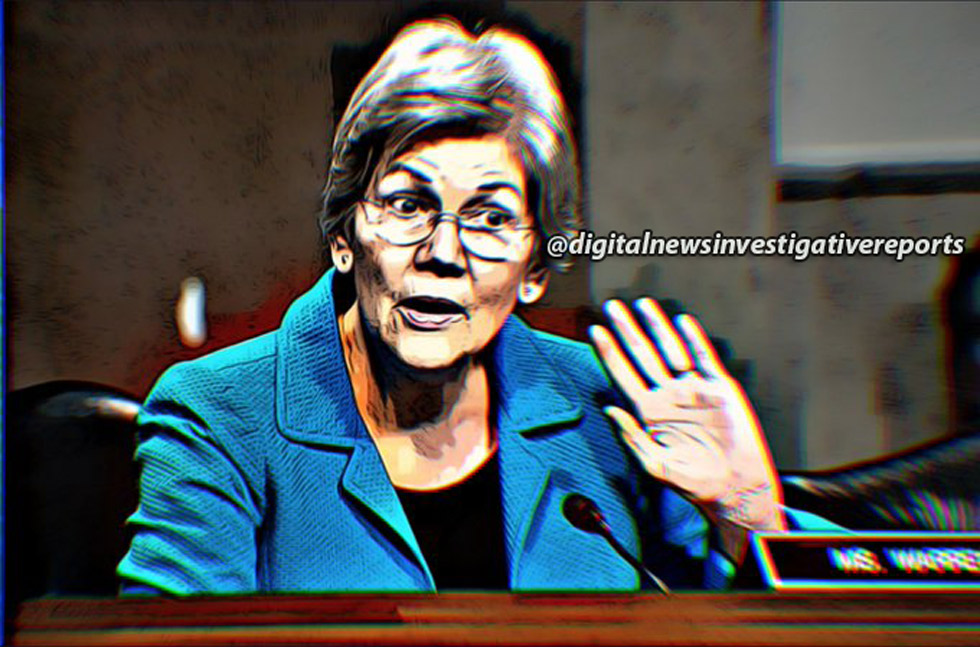 In the fast-paced world of cryptocurrencies, Democrats and Republicans are at odds over regulating the rapidly evolving market. Senator Elizabeth Warren’s Anti – Crypto Campaign and SEC Chairman Gary Gensler’s ‘regulation by enforcement’ policy, adds to the pressure on the digital asset markets. Despite those obstacles, the GOP makes significant progress with landmark bills overhauling cryptocurrency regulation.
In the fast-paced world of cryptocurrencies, Democrats and Republicans are at odds over regulating the rapidly evolving market. Senator Elizabeth Warren’s Anti – Crypto Campaign and SEC Chairman Gary Gensler’s ‘regulation by enforcement’ policy, adds to the pressure on the digital asset markets. Despite those obstacles, the GOP makes significant progress with landmark bills overhauling cryptocurrency regulation.
The two committees in the House of Representatives and leaders in the U.S. Senate have taken significant steps to clarify the regulatory landscape for digital assets in the United States. The House bill, known as the McHenry-Thompson Act, and the Senate bill, called the Lummis-Gillibrand Act, aim to integrate digital asset regulation into existing frameworks of the Securities and Exchange Commission (SEC) and the Commodity Futures Trading Commission (CFTC).
The McHenry-Thompson Act grants primary jurisdiction over digital asset markets to the CFTC but outlines a process for allocating oversight between the SEC and CFTC. It classifies digital assets as “Digital Commodities” under CFTC regulation if certain criteria are met. Meanwhile, the Lummis-Gillibrand Act designates the CFTC as the primary regulator for fungible crypto assets that are not securities.
The bills address various aspects, including regulatory characterization, securities offerings involving digital assets, regulation of intermediaries, consumer protection, and anti-money laundering measures. While the McHenry-Thompson Act has strong Republican backing, it faces Democratic opposition and hurdles in the Senate. Conversely, the Lummis-Gillibrand Act enjoys bipartisan support, setting it apart in the legislative landscape.
As the House committees debate the McHenry-Thompson Act and the Senate contemplates the Lummis-Gillibrand Act, the differing views of regulators like SEC Chair Gary Gensler and CFTC Chairman Rostin Benham contribute to the complexity of the legislative process. Recent litigation outcomes between the SEC and digital asset market participants may also influence the path of regulation.
While both bills seek to bring clarity and oversight to the digital asset space, finding common ground and addressing political considerations will be critical for any successful legislation. Amidst the GOP’s advancement, the Democratic party must find common ground to effectively address crypto challenges. Balancing regulation and innovation is crucial for investor protection and industry growth.



